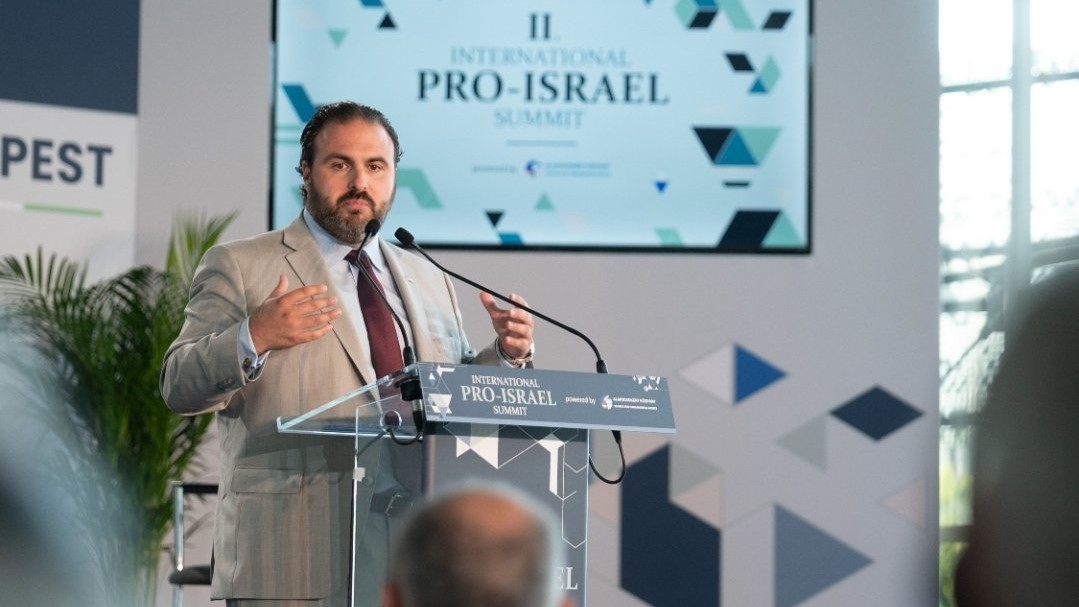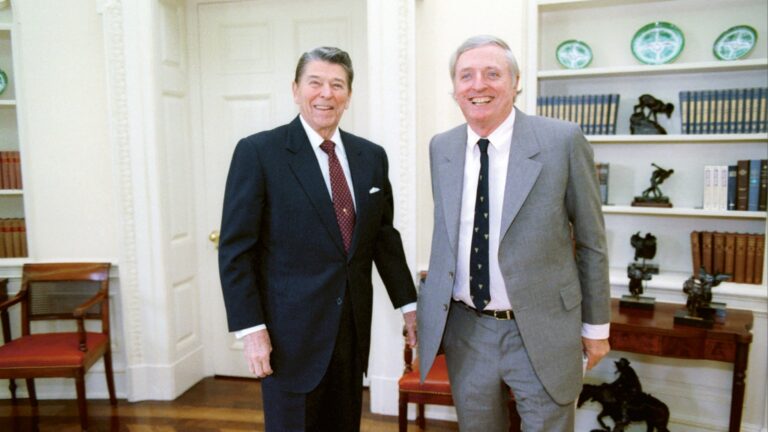Bryan Leib, a Visiting Fellow at the Center for Fundamental Rights, has recently published an opinion piece on the Washington Times’ website. In it, he is highly critical of US Ambassador to Hungary David Pressman’s approach to diplomacy, which he claims has led to years of unnecessary friction between the two NATO allies.
‘Instead of fostering a relationship based on mutual respect and shared interests, Mr. Pressman has taken it upon himself to act more like a political operative in a foreign country than a diplomat, imposing his progressive agenda on Hungary and its people,’ Mr Leib writes.
It is true that Ambassador Pressman likes to take every opportunity to criticize the current Hungarian government on foreign and domestic policy alike. As for domestic policy, one of his favourite topics is LGBTQ activism and the pushing of modern gender theory. As for foreign policy, his biggest gripe with the Orbán administration is their relationship with Russia and their consistent advocacy for peace in the Russo-Ukrainian war.
Mr Leib feels that Ambassador Pressman’s accusation that the Hungarian government is ‘fostering antisemitism’ is especially egregious, given that Hungary has been one of the greatest supporters of the Jewish state since the 7 October terrorist attacks. Also, unlike in many Western countries, there are no pro-Hamas protests taking place at university campuses, since the Orbán government has banned such demonstrations.
Washington Times Opinion on X (formerly Twitter): "Respect, not activism: How the U.S. can mend diplomatic relations with Hungary https://t.co/VpAwwlkupk / X"
Respect, not activism: How the U.S. can mend diplomatic relations with Hungary https://t.co/VpAwwlkupk
'It is time for the United States to return to diplomacy grounded in respect, dialogue and truth, particularly in our relationship with Prime Minister Viktor Orbán’s government,’ Mr Leib proclaims. The author finishes his piece by saying:
‘It’s important to set the record straight: Hungary is not antisemitic, nor is its government. In fact, Hungary is one of the safest places for Jews in Europe. Mr. Pressman, who is Jewish like me, should know better and should be ashamed of himself for these false accusations.
Based on my observations, the Hungarian government under Mr. Orbán has taken extensive measures to protect Jewish communities and promote Jewish cultural life. Budapest is home to one of the largest Jewish populations in Europe, and Hungary’s Jews thrive in an environment where their traditions and values are respected.’
Based on, if nothing else, this piece alone, one thing is for sure: Mr Leib seems to have a much better grasp of what Hungary–US relations should be like than the current Ambassador does.
Mr Leib, a native to the state of Florida, was in Budapest, Hungary at the time of writing his piece, as he notes in the article as well. He spoke at the second International Pro-Israel Summit hosted by the Center for Fundamental Rights on 1 October. During his recent Budapest visit he also appeared on a US election special on Hungarian cable news channel HírTV.
Trump vagy Harris? (2024-10-08) - HÍR TV
Kövessenek minket közösségi felületeinken! ► Facebookon: https://www.facebook.com/hirtv/ ► Honlapunkon: https://hirtv.hu/ ► Instagramon: https://www.instagram.com/hirtv_official/ ► TikTok-on: https://www.tiktok.com/@hirtv_hu
Related articles:







